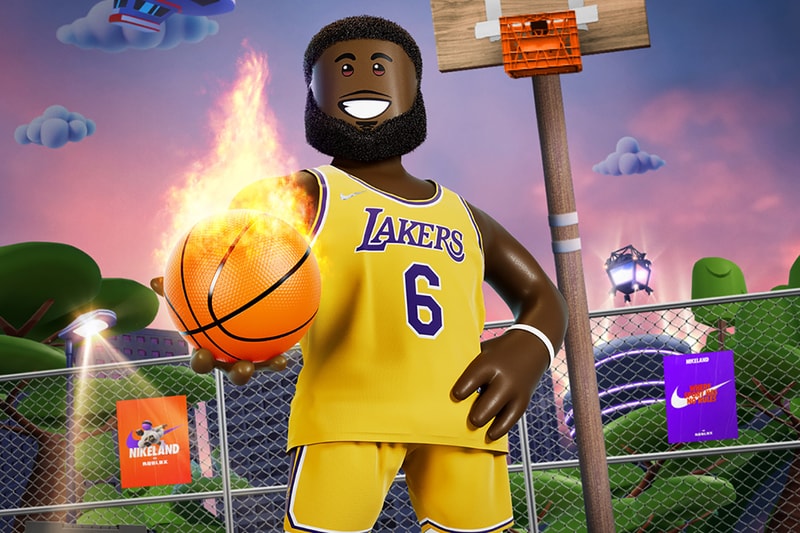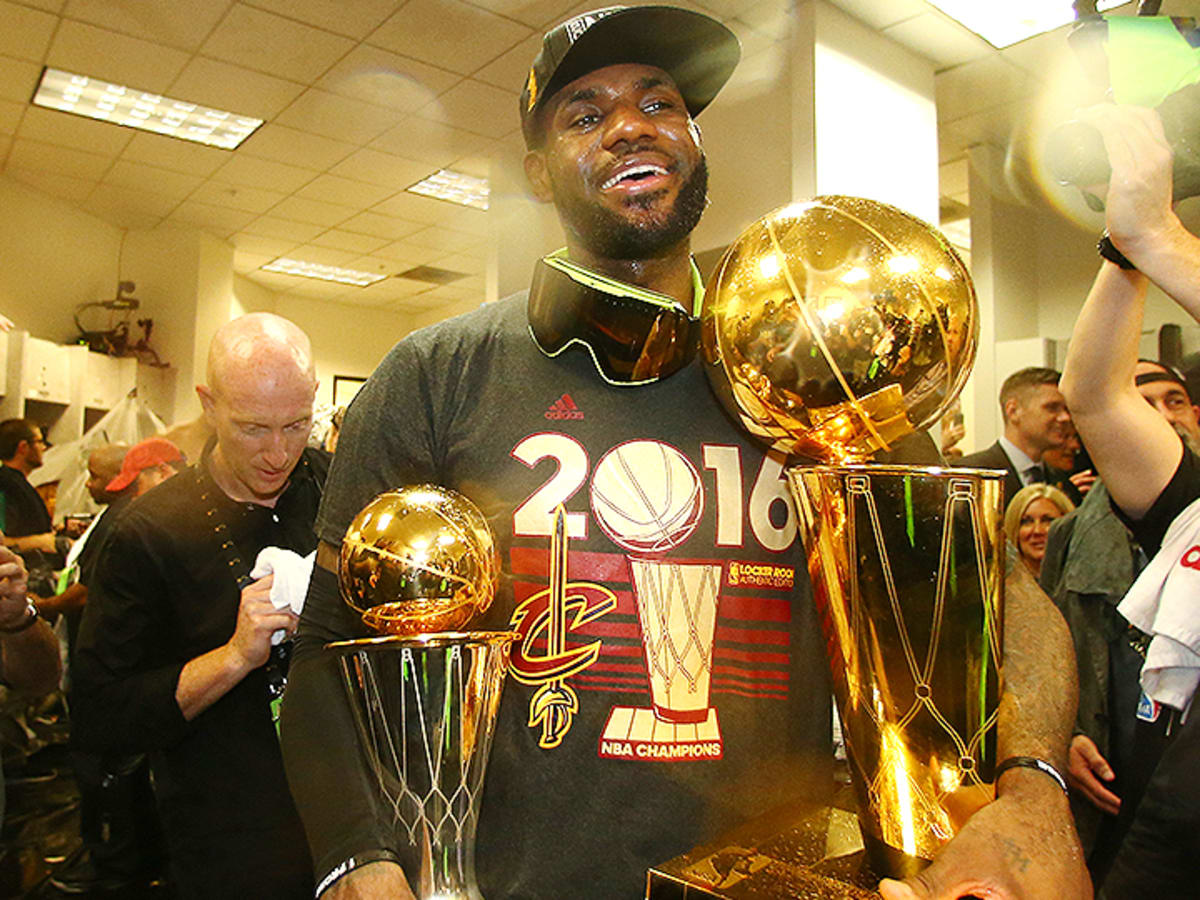| Despite the pressures brought on by these singular circumstances, James led the Cavaliers in scoring, steals, and minutes played over the course of the 2003–04 season, winning the league’s Rookie of the Year award in the process. A 6-foot 8-inch (2.03-metre) “point forward” who was as adept at bringing the ball down the court as at playing near the basket, James presented a unique challenge for opposing teams; his unmatched athleticism and well-muscled body would not have been out of place in the National Football League. |
At the end of the 2009–10 season, James became arguably the most sought-after free agent in NBA history when his contract with the Cavaliers expired, and he began a prolonged courtship process with a number of teams that had in some cases been planning for his free agency for over two years. In an unprecedented hour-long television special, criticized by many for its undue grandiosity, James announced that he was signing with the Heat. He helped Miami reach the NBA finals in his first year with the team, but the Heat lost the championship to the Dallas Mavericks. In the 2011–12 season James averaged 27.1 points per game and won his third MVP award while helping Miami advance to its second consecutive NBA finals appearance. Backed by his stellar play—James was named the finals MVP—the Heat defeated the Oklahoma City Thunder to win the championship. |
After that finals loss, James opted out of his contract with the Heat, leaving an aging Miami roster, and—after a week of frenzied speculation among fans and media—he decided to return to Cleveland. Although his 25.3 points per game was James’s lowest scoring average since his rookie season, he nevertheless guided a young and inexperienced Cavaliers roster to the second best record in the Eastern Conference in 2014–15. James had another strong regular season in 2015–16 but, once again, truly shined in the playoffs. He led the Cavaliers to a rematch against the Warriors, who had set a league record with 73 wins during the regular season, in the NBA finals. There the Cavaliers became the first team to come back from a 3–1 finals deficit to capture the first title in franchise history and end a 52-year title drought for Cleveland professional sports teams. James averaged 29.7 points, 11.3 rebounds, 8.9 assists, 2.6 steals, and 2.3 blocks per game in the finals—becoming the first person to lead all five statistical categories for players on both teams in the finals—and was unanimously named finals MVP. |
In the following off-season, James, a free agent, joined the Los Angeles Lakers. He continued to play at a high level, averaging 27.4 points, 8.5 rebounds, and 8.3 assists per game, but he missed significant playing time because of an injury (a strained groin) for the first time in his career. The Lakers struggled in his absence and ultimately finished the 2018–19 season with a 37–45 record, ending James’s personal playoff streak at 13 seasons. The following season was disrupted by the COVID-19 pandemic, which caused a four-month suspension. Play resumed in July 2020 with a shortened schedule, and the Lakers ultimately defeated the Miami Heat to claim the franchise’s 17th NBA title. James’s dominating performance—he averaged 29.8 points, 11.8 rebounds, and 8.5 assists per game—earned him his fourth finals MVP award. |






